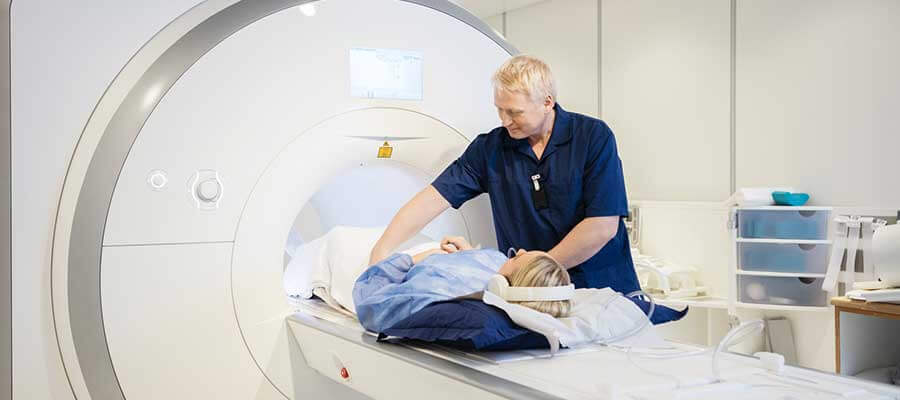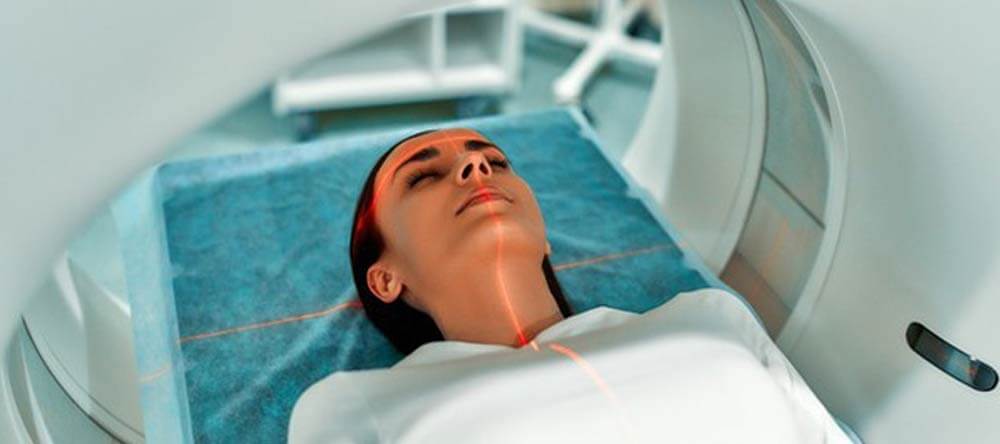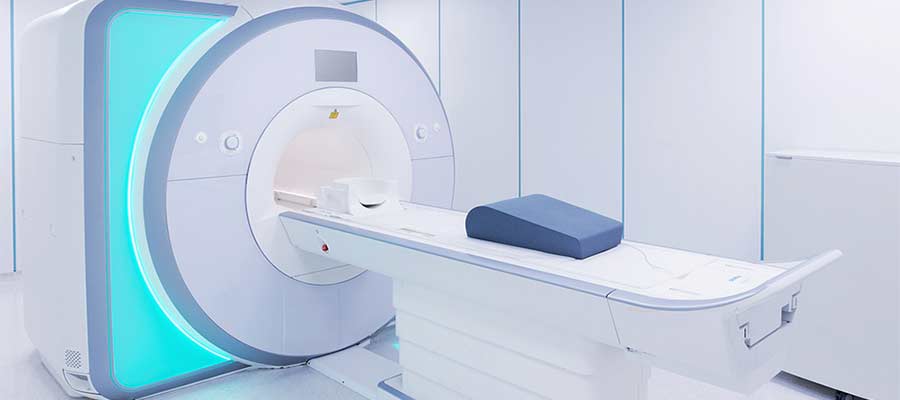MRI Associates Near Me
When searching for an MRI Tech School Near Me offering associate’s degree in MRI Technology you need to take Pulse Radiology Education into consideration. As of late the demand for qualified MRI Techs has exploded. The reality is that few saw COVID on the horizon. But regardless the need for demand for MRI & CT Techs was already outpacing the number of graduates entering the healthcare industry. One may think that a degree from University of Connecticut may be te path to follow as in the case of with companies in the tech industry. Not when it comes to MRI Techs. Nowadays employers are seeking for individuals that are ready to work with minimum or no training. That is why there is such high demand for our graduates.
As a national MRI Tech School providing online MRI, CT, and Mammography Structured Education, we can help you advance your career in the field of radiology from a radiologic technologist to an advanced certified technologist in 14 weeks. Also, know that at Pulse Education we provide ARRT-approved MRI, CT, and Mammography courses with clinical training in 30+ states nationwide and ASRT for 25+ Category A CE Credits. There has never been a better time to get your associate’s degree in MRI Technology and pursuit in a rewarding career with an average salary of $65k/year with Pulse Radiology Education an MRI Tech School Near Me. Since opening our doors we has been the go-to online school for CT & MRI Techs seeking MRI technologist training online. We have now extended those capabilities by offering MRI associates degree Near Me.
Blog Realted to MRI Associates Degree Near Me
Why Should You Consider Going for MRI Associates Degree Near Me?
The pandemic highlighted something many hospitals already knew. There is a shortage of qualified MRI techs in the market. Now is the time to get started on a high paying, high demand career in the healthcare industry as a Mammography tech. And if you’re in search of an MRI Tech School Near Me offering MRI associate’s degree? You need to consider Pulse Radiology! Since launching Pulse Radiology Instituted has been the prefer for for those in the healthcare industry search for MRI online programs Near Me. Today we’re offering associate’s degree in MRI Technology Near Me trying to start a career as an MRI tech.
MRI Technicians are In high demand: MRI technology has become more conventional, which suggests there is a lot of requirement for people who understand how to take advantage of this technology. There are several job openings for MRI technicians, and also in many areas, there are not enough certified customers to fill those assignments. If you wind up subscribing to these courses, you will discover a lot of incredible opportunities. The ideal career fields are the types which are seeing lots of growth. This field is increasing fast, and yes, it shows no signs of decreasing.







